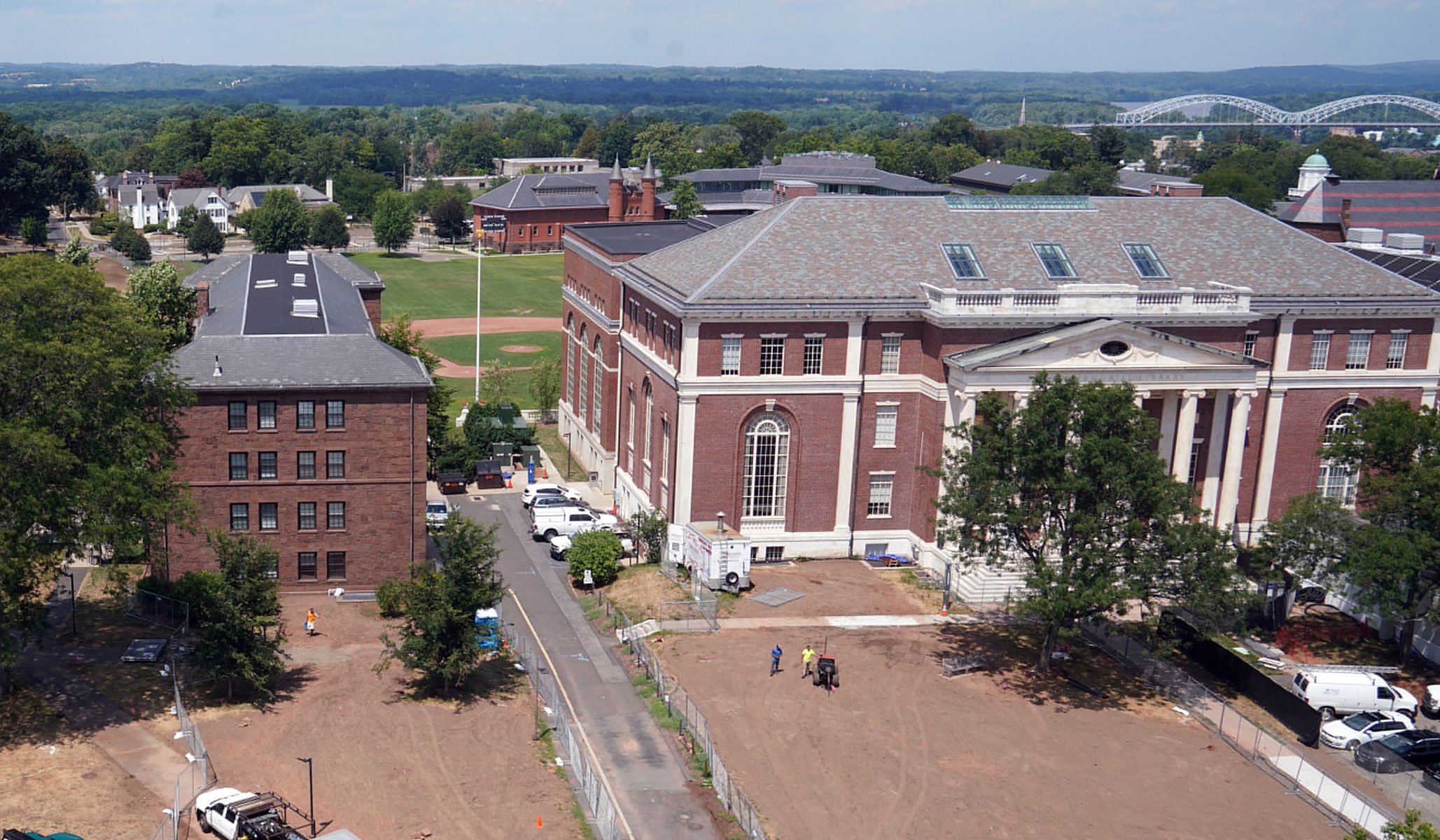


The Connecticut liberal-arts school, Wesleyan, announced that it will end the practice of preferential treatment for legacy applicants following the Supreme Court’s June decision to strike down affirmative action.
“In the wake of the recent Supreme Court decision regarding affirmative action, we believe it important to formally end admission preference for ‘legacy applicants,'” the school’s president, Michael Roth, wrote on Wednesday in a public letter. “We still value the ongoing relationships that come from multi-generational Wesleyan attendance, but there will be no ‘bump’ in the selection process. As has been almost always the case for a long time, family members of alumni will be admitted on their own merits,” Roth clarified.
The president underscored that “Wesleyan has never fixated on a checked box indicating a student’s racial identification or family affiliations.”
At the end of the announcement, Roth outlined the college’s vision for ensuring “diversity in the student body,” which included recommendations such as solidifying the “sustainability of the degree program for incarcerated people,” a program for military veterans, and a support group for “undergraduates from Africa.”
The news comes one day after the University of Minnesota Twin Cities announced a similar move. “Every year, we review our undergraduate admissions practices at the University of Minnesota to ensure that we are only asking for information necessary to make good admissions decisions,” the school’s executive director of admissions, Keri Risic, told the StarTribune. “This year was an exceptionally deep review of our context factors.”
“Part of it is the university is constrained by the [Supreme] court ruling. There is really only so much an institution can do,” Carter Yost, a government and legislative affairs director with the undergraduate student government, told the outlet.
John Hopkins in Baltimore, MIT in Boston, and the liberal-arts school Amherst College all announced similar moves in recent weeks.
The Supreme Court ruled in late June that race-conscious admissions policies enacted at Harvard University and the University of North Carolina at Chapel Hill violated the Equal Protection Clause of the 14th Amendment.
“The Harvard and UNC admissions programs cannot be reconciled with the guarantees of the Equal Protection Clause. Both programs lack sufficiently focused and measurable objectives warranting the use of race, unavoidably employ race in a negative manner, involve racial stereotyping, and lack meaningful end points. We have never permitted admissions programs to work in that way, and we will not do so today,” wrote Chief Justice John Roberts for the six-justice majority.
